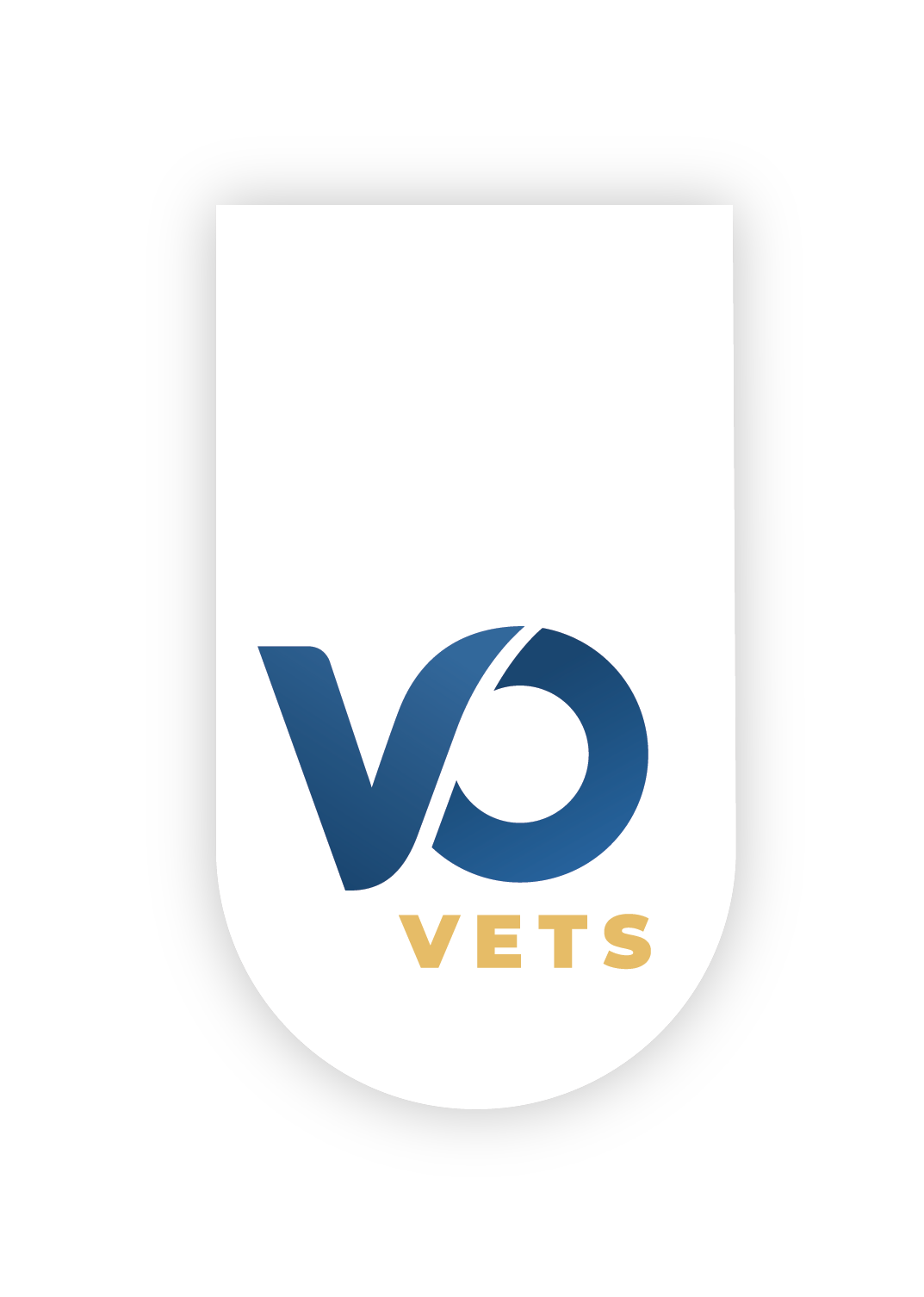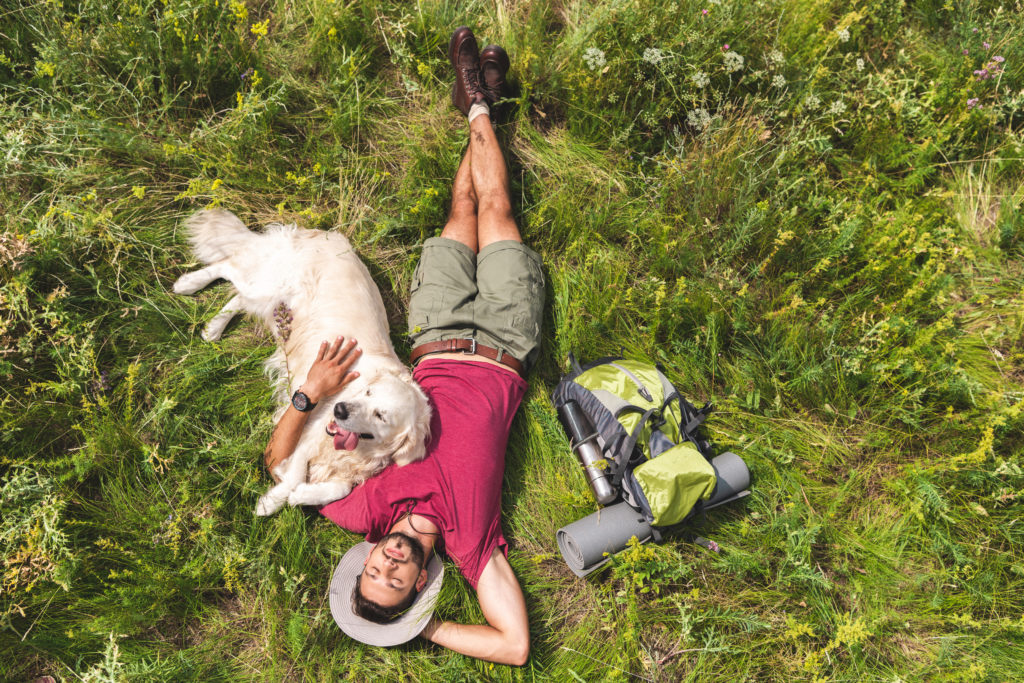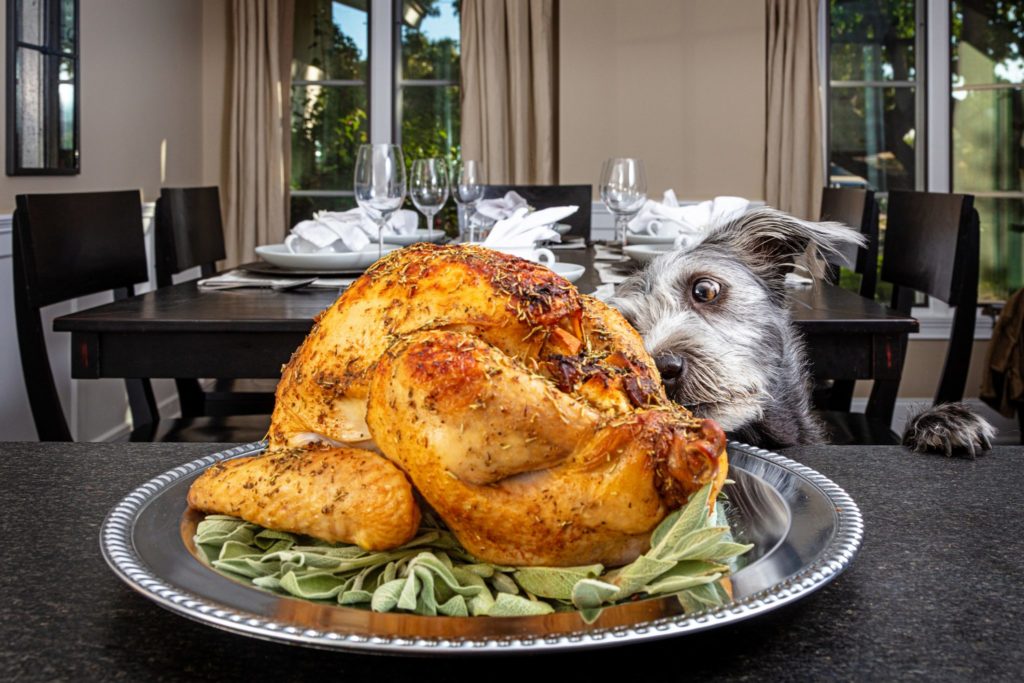As a dog owner, you may have heard that some human foods are dangerous for pets, but did you know that onions can be toxic to dogs? Many people unknowingly feed their dogs table scraps or foods that contain onions, not realizing the risks involved. Whether in raw, cooked, powdered, or dehydrated form, onions pose a serious health threat to dogs. If your pup has eaten onions, it’s necessary to understand the risks and know when to seek veterinary care at VO Vets. Call one of our locations or book an appointment online today for the expert care your pet deserves.
Why Are Onions Bad for Dogs?
Onions, along with other members of the allium family—such as garlic, leeks, and chives—contain compounds that can be toxic to dogs. The primary culprit is N-propyl disulfide, a compound that damages red blood cells, leading to a condition called hemolytic anemia. This occurs when red blood cells break down faster than the body can replace them, which can result in serious health complications. Even small amounts of onion can have negative effects, and toxicity levels depend on a dog’s size, breed, and overall health.
How Much Onion is Toxic to Dogs?
Toxicity can occur when a dog ingests as little as 0.5% of their body weight in onions. For example, a 30-pound dog could experience harmful effects after consuming just 1.5 ounces of onion. Even foods seasoned with onion powder, like soups or baby food, can be dangerous. It’s best to avoid giving your dog any food that contains onions, even in small quantities.
Symptoms of Onion Toxicity in Dogs
Symptoms may not appear immediately and can take a few days to develop. If your dog has consumed onions, watch for these warning signs:
- Unusually tired and reluctant to engage in normal activities.
- Loss of appetite
- Vomiting and diarrhea
- Pale gums
- Rapid breathing or panting
- Elevated heart rate
- Dark or discolored urine
If you notice any of these symptoms, contact your veterinarian at VO Vets immediately. Onion toxicity can become life-threatening if left untreated.
What to Do If Your Dog Eats Onions
If you suspect your dog has eaten onions, it’s important to act quickly. Here are the steps you should take:
- Determine the amount consumed – Try to estimate how much onion your dog has eaten and in what form.
- Look for symptoms – Even if your dog appears fine at first, monitor them closely for signs of distress.
- Call your veterinarian – Do not attempt to treat onion poisoning at home. Your veterinarian at VO Vets will be able to assess the situation and determine the best course of action.
- Do not induce vomiting unless instructed – In some cases, vomiting may help eliminate toxins, but it should only be done under veterinary supervision.
- Follow your vet’s advice – Treatment options may include IV fluids, medications, or even a blood transfusion in severe cases.
Foods That Contain Hidden Onion Risks
Even if you don’t feed your dog raw onions, they can still be exposed to onion toxicity through common human foods such as gravies and sauces, soups and brothers, baby food, deli meats and sausages, pizza, pasta, and casseroles. Always read ingredient labels carefully, and when in doubt, avoid feeding any human food to your dog.
Are Some Dog Breeds More Sensitive to Onion Toxicity?
While all dogs can be affected by onions, some breeds are more vulnerable due to genetic factors. Japanese breeds, including Akitas and Shiba Inus, have a higher sensitivity to onion toxicity due to their unique red blood cell structure. However, all dogs are at risk, and it’s best to keep onions and onion-containing foods away from pets, regardless of breed.
Safe Alternatives to Onions for Dogs
If you like to share food with your dog, there are plenty of safe and healthy alternatives to onions. Instead of giving your dog a dish containing onions, consider these dog-friendly options:
- Carrots – Crunchy and full of vitamins, carrots are a great treat.
- Green beans – Low in calories and packed with nutrients.
- Sweet potatoes – Cooked sweet potatoes are a delicious and nutritious choice.
- Apples (without seeds) – A sweet and fiber-rich snack.
- Pumpkin – Great for digestion and packed with antioxidants.
How to Prevent Onion Ingestion
Since onions are a common household ingredient, it’s important to take precautions to prevent your dog from accidentally ingesting them. Here are some simple steps to keep your pet safe:
- Keep fresh onions out of reach in a closed pantry or refrigerator.
- Make sure trash cans are covered to prevent scavenging.
- Keep an eye on your dog while preparing meals that contain onions.
- Ensure that everyone in your household knows not to feed onions to the dog.
- Read labels carefully before sharing food with your pet.
If you believe your dog has consumed onions, it’s always best to consult a veterinarian—even if they appear fine at first. Onion toxicity can have delayed effects, and early intervention is key to a successful recovery. VO Vets is here to help. Call one of our locations in Fort Worth, TX, or Trophy Club, TX, or book an appointment online today!



